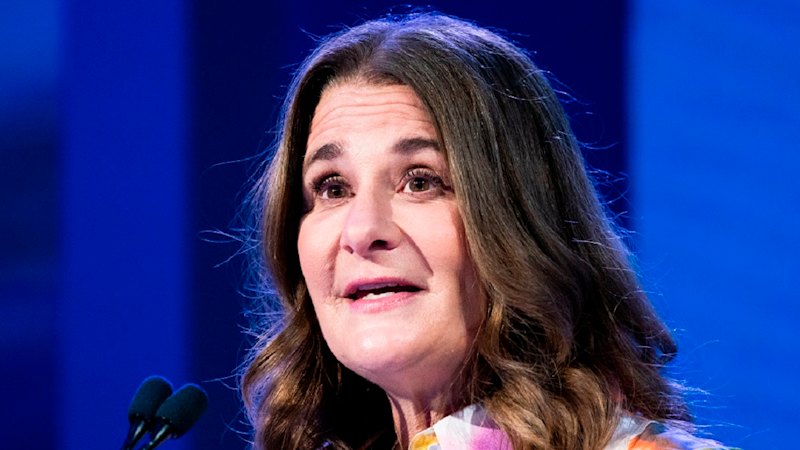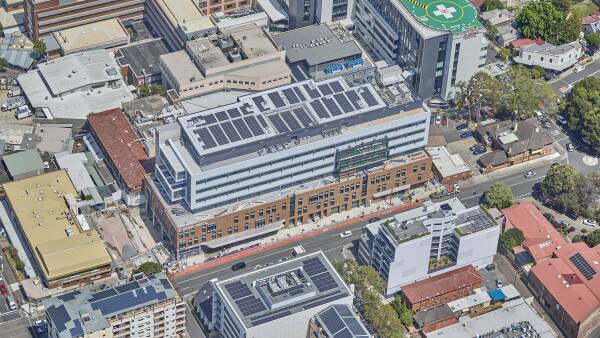
Dr. Danielle McMullen, President of the Australian Medical Association (AMA), has provided a comprehensive update on critical issues affecting the healthcare sector, including workforce challenges, dementia prevention, and the implementation of a national immunisation strategy. Despite her recent trip cancellation to Nepal for the annual meeting of the Confederation of Medical Associations in Asia and Oceania (CMAAO), she engaged in important discussions with colleagues around the world.
One pressing topic highlighted by Dr. McMullen is the significant gender pay gap within the medical profession. According to coverage in The Australian, female doctors earn an average of $6,500 less than their male counterparts just three years into their careers. This disparity underscores the necessity for restructuring Medicare Benefits Schedule (MBS) items and enhancing the representation of women in healthcare leadership roles. Dr. McMullen emphasized that achieving pay equity is essential for a sustainable health workforce.
In discussing healthcare productivity, she noted that the Australian government is prioritising this issue in Canberra. The AMA submitted feedback to the Productivity Commission’s Interim Report on “Delivering Quality Care More Efficiently,” which outlines the economic advantages of investing in preventive health measures and early interventions. Despite an increase in life expectancy, Australians are experiencing more years of poor health, which limits their contributions to the workforce and community. Dr. McMullen insisted that healthcare expenditures must be viewed as an investment rather than a mere cost.
As part of Dementia Action Week, Dr. McMullen addressed alarming statistics from the Australian Institute of Health and Welfare, revealing that dementia is now the leading cause of death in Australia. She stressed that dementia is not an inevitable aspect of aging and highlighted effective prevention strategies. Maintaining an active lifestyle, reducing alcohol consumption, staying socially engaged, and stimulating the brain through reading and other activities can significantly decrease the risk of developing dementia.
The President also participated in a meeting of the National Council of Primary Care Doctors (NCPCD), which brings together peak bodies supporting general practitioners (GPs). This meeting provided an opportunity to align perspectives on the challenges facing the GP specialty and to advocate for its vital role in the healthcare system.
Dr. McMullen attended the first of three workshops focused on the National Immunisation Strategy 2025-30. The initial session concentrated on leveraging data and adopting new technologies to enhance immunisation efforts. Future workshops will address equitable access to immunisation, strengthening public trust, and overcoming workforce challenges. She reiterated the importance of evidence-based discussions to improve immunisation coverage across all age groups.
Additionally, Dr. McMullen introduced the new AMA LGBTQIASB+ Reference Group during a meeting. This group aims to ensure the AMA’s policies are inclusive, alongside the new International Medical Graduates (IMG) committee and a revitalised joint taskforce on Indigenous health with the Australian Indigenous Doctors’ Association (AIDA). These initiatives are part of a broader effort to promote equity and diversity within the AMA.
Dr. McMullen plans to return next week with further updates from the AMA. In the meantime, she posed a light-hearted question to stimulate engagement: “Why did the doctor laugh at the X-ray?”
This ongoing dialogue underscores the AMA’s commitment to addressing critical healthcare issues and fostering a more equitable environment for all medical professionals and patients alike.






